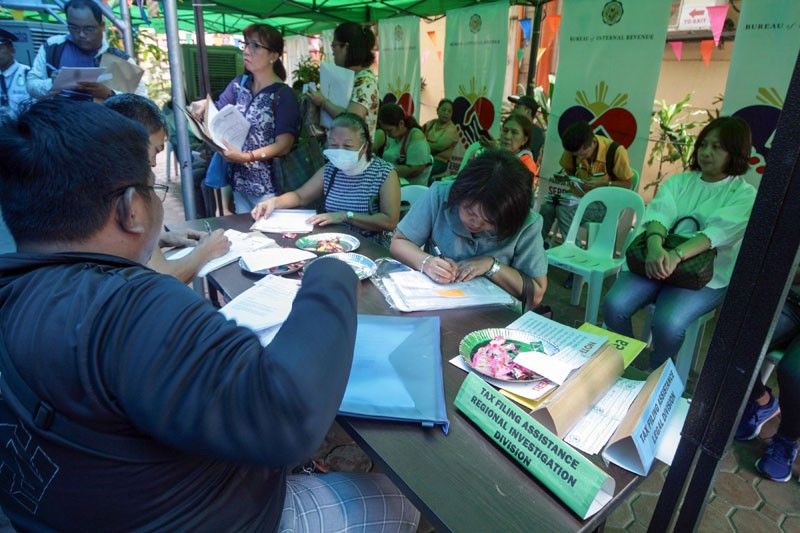DOF: ‘Huge inequity’ in P441 B tax perks in 2017

MANILA, Philippines — The government had missed out on P441 billion worth of tax incentives that could have been rationalized in 2017, the Department of Finance (DOF) said.
Finance Undersecretary Karl Kendrick Chua, in a roundtable with STAR editors and reporters yesterday, said these tax perks were given out to 3,139 firms out of the total 989,166 registered companies that year.
The uncollected revenues corresponded to 2.8 percent of the 2017 gross domestic product and is almost as large as the country’s fiscal deficit.
Under the present corporate income tax (CIT) structure, firms without incentives pay the regular rate of 30 percent, while firms with perks pay just between six percent and 13 percent effective tax.
This also shows that almost all of the country’s 90,000 small and medium enterprises pay the 30 percent regular rate.
In pushing for the passage of the second package of the tax reform program, Chua said the current system of providing fiscal incentives has resulted in “huge inequity” and “wasted incentives.”
He also noted that among ASEAN countries, the Philippines grants the most generous fiscal incentives as these are granted in lieu of all taxes and is effective indefinitely unlike in Vietnam, for instance, that limits it to as short as two years, and Brunei, that stretches it to as much as 20 years.
The country also has a more complex tax incentives system with the sheer number of investment promotion agencies (IPAs) and hundreds of ecozones and freeports.
“You can only imagine the leakage that we have,” said Chua in a roundtable with STAR reporters and editors yesterday.
“The question is who is deserving of incentives? When we did a cost benefit analysis, almost 50 percent of the firms deserve to be given incentives but these are mostly the exporters who have a way of going to another country if we don’t give them proper treatment. But there are also 50 percent whom we think do not deserve it because they are investing because the market is profitable or they are after resources or people they cannot find anywhere else,” he added.
He said that following this guideline, at least half of the P441 billion incentives granted in 2017 could have been used by the government.
Package 2 of the administration’s tax reform program which is pushed for passage in Congress this year seeks to make the country’s tax incentives system performance-based, targeted, time-bound and transparent.
Under the proposed tax measure, the Board of Investment (BOI) will be set up as the sole authority to formulate the Strategic Investment Priority Plan (SIPP) that will identify key sectors that deserve tax incentives.
“These will be the sectors that will help the country attain the next level of economic growth,” Chua said.
“The idea here is not to give incentives without getting anything in return. We have to start agreeing with the recipient how much jobs they will create, if they will help us attain our export target or if they will invest in research and development.”
This plan will be reviewed every three years to remain relevant to prevailing economic conditions.
The 14 IPAs will continue to exist but only to market tax incentives and process the applications for tax incentives.
These will be overseen by the existing Fiscal Incentives Review Board that will approve the incentives based on the new criteria. The functions of this body will be expanded from only granting incentives to government corporations to include the private sector.
Chua said that while there continues to be strong opposition from sectors such as manufacturing and electronics that have long been enjoying tax breaks, there are also sectors that are just waiting for the passage into law of Package 2 of the tax reform so they can reposition their investment strategies.
These include those engaged in high technology, aerospace as well as firms wanting to move out of China because of the US-China trade war.
- Latest
- Trending





























